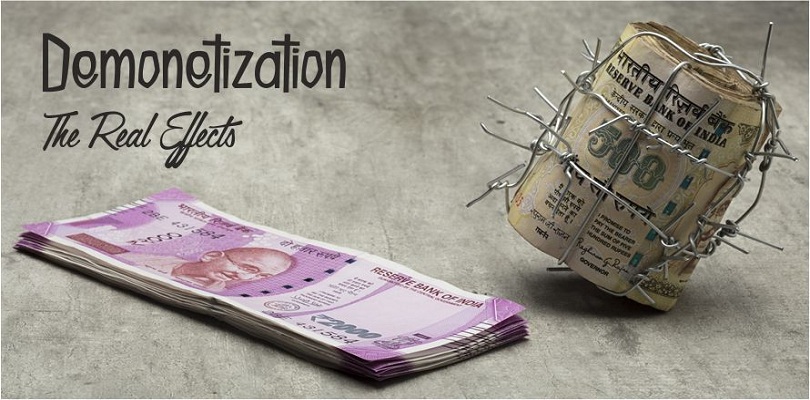DEMONETISATION AND ITS IMPACT ON BANGALORE REAL ESTATE

The side effects of demonetisation in Bangalore
While rest of the cities were worried about demonetisation and it’s after effects, real estate builders from the Silicon Valley have their own share of stories to tell. Bangalore is the third most populated city in India after Mumbai and Delhi, so do you think a sudden decision like Demonetization will bring the business to a still?
In this piece of blog, let us look at some of the effects of demonetisation and its consequences:
What is demonetisation and why was it implemented?
The Government of India took a bold step on 8th November 2016 by introducing Demonetisation to the nation. It compelled everyone to surrender their 500 and 1000 Rs notes immediately in order to eradicate the evil black money and corruption out of the society. Although this step brought in many mixed reactions from different industries, gradually people started accepting it as an advantage for the economy.
How was real estate in Bangalore affected by Demonetisation?
Real estate industry is one of the sectors where profit making and commissions are accepted mostly in the form of cash. Hence, a sudden decision like this strikes hard on the money launderers and people who stock up black money. It also pressurised those people to open up about their income and bring in a transparency in their business. Various individual and organised developers will get a big platform to play fairly which in turn will help the potential buyers to invest in their dream home. Other than stopping this malpractice it is likely to lower the interest rates too which will be a big relief for the home buyers as they will be excluded from paying hefty EMIs.
As per the CREDAI, Bangalore is one of the least affected cities as the market here has been predominantly transparent with cash transactions almost being negligible. This market is driven by the professionals mostly working in IT and ITES sector; hence it is more customers centric who deal mainly through banking channels. However, experts are concerned about one sector that is the resale and land transactions. This part is going to suffer a bit as it involves a lot of cash dealings and unaccounted cash plays a big role here. However, it will lessen the foul play and help to gain the trust of home buyers again.
How home buyers reacted towards it
For all the home buyers perhaps this is the best time to invest as most of the builders were ready to negotiate with their deals and come down to a compromising price. As the interest rates went down for paying EMI’s, many buyers who were waiting for the right time saw this as an opportunity to buy their dream home. The recently passed RERA Act also brought in many new rules and regulations which were not imposed before. If we see from the buyer’s point of view, they are at a profit considering the above points.
Based on these positive steps it is also expected that the real estate prices will go up and wait for the property prices to come down further is now considered a myth. If you are planning to settle down then this is perhaps the best time. One thing that needs to be considered is that only where there are a cash transaction prices will be seen drooping but those who deal with cheques and demand draft those builders won’t be affected by demonetisation.
The main reason why Bangalore is least affected may be because, 95 % of the transactions costing less than 1 Crore are completely “in white”, not even a single rupee is taken in cash, said by a reliable source. Perhaps this is the reason why Bangalore has been able to maintain this change without much loss and proved itself as one of the steady-going metro city in the country post demonetisation.












